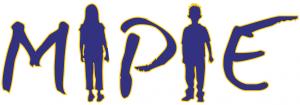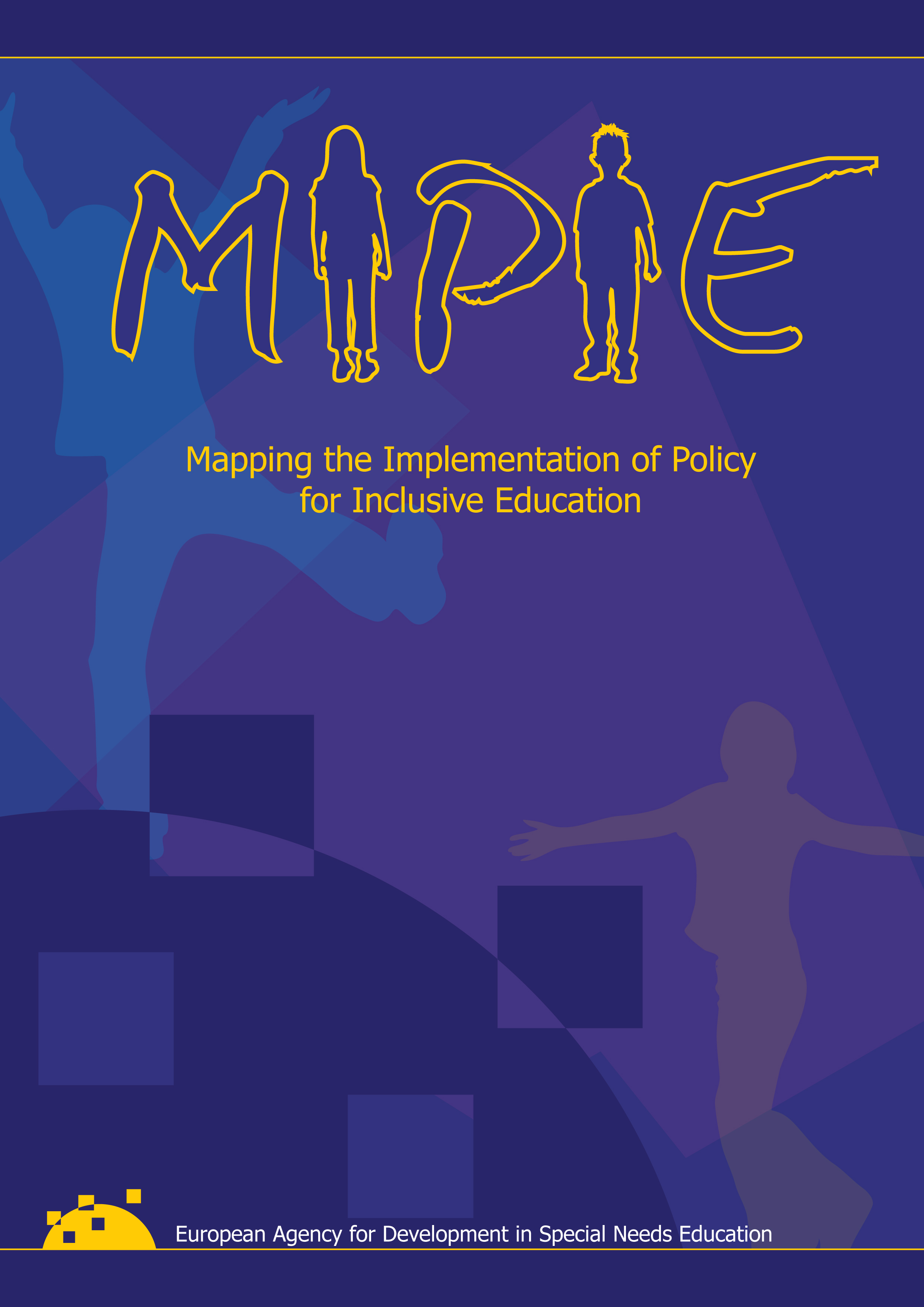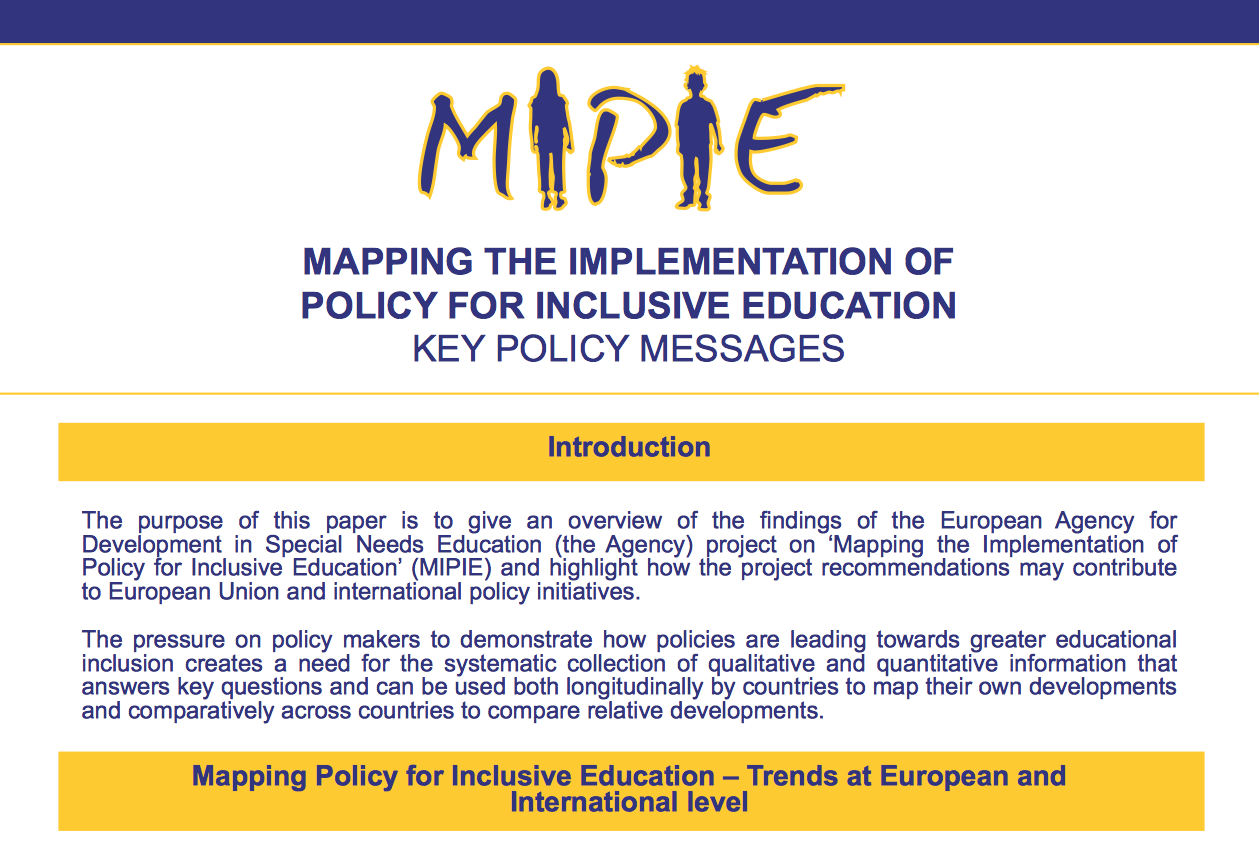Welcome to the Mapping the Implementation of Policy for Inclusive Education web area!
All countries need to track the implementation of new educational policies and legislation. The justifications and need for mapping such developments are very clear at:
- International level (as can be seen in the UN 2006 Convention on the Rights of Persons with Disabilities calls for data collection and monitoring at State level);
- European level (as outlined European Council priorities and targets outlined in the ET 2020 strategy);
- National levels (as evidenced by Agency work involving ministerial representatives from European countries).
The pressures on policy makers to demonstrate how policies are leading towards greater educational inclusion results in the need for the systematic collection of qualitative and quantitative information that answers key questions and can be used longitudinally by countries to map their own developments and comparatively across countries to compare relative developments.
Project framework
Mapping the Implementation of Policy for Inclusive Education (MIPIE) is a one year project which took place between 2010 and 2011, and it was co-financed by a European Community Grant under the Lifelong Learning, Comenius Accompanying Measures programme.
This project was supported with a grant from the Lifelong Learning Programme of the European Union (project number 510817-2010-LLP-DK-COMENIUS-CAM.
A short overview flyer of the project is available to download in 21 languages.
Project participants and target group
The Agency member countries involved in the MIPIE project are: Austria, Belgium (Flemish and French speaking communities), Cyprus, Czech Republic, Denmark, Estonia, Finland, France, Germany, Greece, Hungary, Iceland, Ireland, Italy, Latvia, Lithuania, Luxembourg, Malta, Netherlands, Norway, Poland, Portugal, Slovenia, Spain, Sweden, Switzerland and United Kingdom (England, Scotland and Wales).
The main participants as well as target group for the project are policy makers for inclusive education, nominated by their respective Ministries of Education to act as country representatives within the Agency.
A further group of participants, as well as a further target group for the project, are national level experts on educational data collection.
Both of these groups of experts have worked with the project team in formulating proposals relating to the most appropriate methods to be used for meaningful data and information collection for mapping policy implementation for inclusion.
Project aims
The MIPIE project is essentially an information collection and ‘scoping’ activity. The focus of the project is not to collect any qualitative or quantitative data; rather the goal of the project has been to take a first step towards identifying for policy makers what quantitative and in particular qualitative information should be collected and how this can be done in the best way to effectively map the implementation of policy for inclusive education in a meaningful and applicable way.
Specific project objectives have been to work with project experts in order to:
- Develop a rationale for what information needs to be made available for policy makers;
- Identify what information is already available;
- Highlight the gaps in current information;
- Provide detailed proposals on how the necessary information could be collected in the future for the purposes of national, self-mapping and for European level comparative purposes.
Project activities and outputs
- The main project activities have focused upon two conferences: the first one in Belgium in 2010, and the second in Budapest, Hungary in 2011. Both events were organised in co-operation with representatives of the ministries of education in the two countries and held during the respective countries’ hosting of the Presidency of the Council of the EU. These events have been used as the main opportunities for information gathering within the project.
- Information was summarised about data collection work already going on in the countries participating in the project.
- As a result of the Mapping the Implementation of Policy for Inclusive Education (MIPIE) project work involving over 60 experts from 27 European countries, it is possible to highlight a number of key messages to guide future work in the area. These key messages are the focus of the project report, which presents a summary of the overall findings of the MIPIE project.
- A flyer containing the summary of the main findings and recommendations is available in 21 Agency languages.
- A policy paper with key messages and recommendations has been drafted for policy makers.


